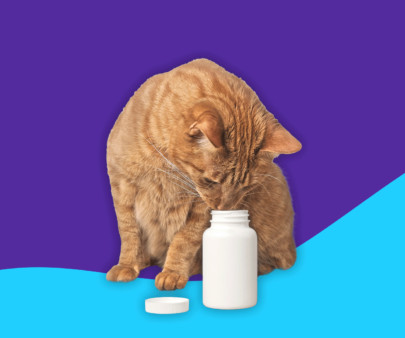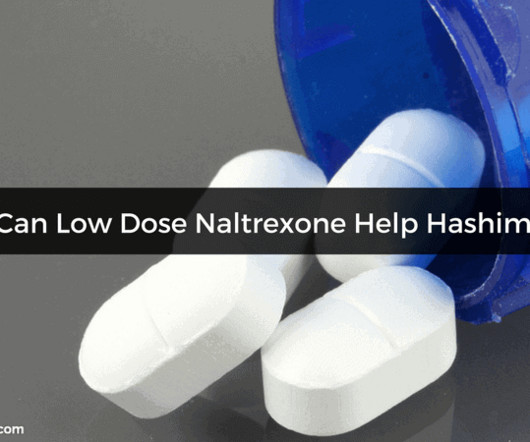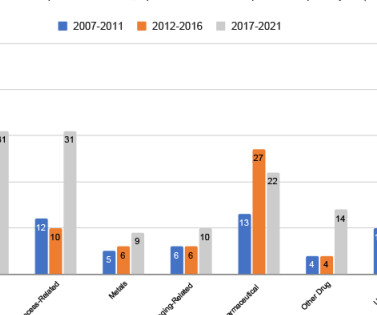Ciprofloxacin for dogs
The Checkup by Singlecare
APRIL 19, 2024
The largest recommended dosage of ciprofloxacin in dogs is 120 milligrams per day. How to give your dog ciprofloxacin If a veterinarian sends a dog home with ciprofloxacin, pet parents will be given tablets or oral suspension that are either human products or custom-made at a compounding pharmacy.












Let's personalize your content